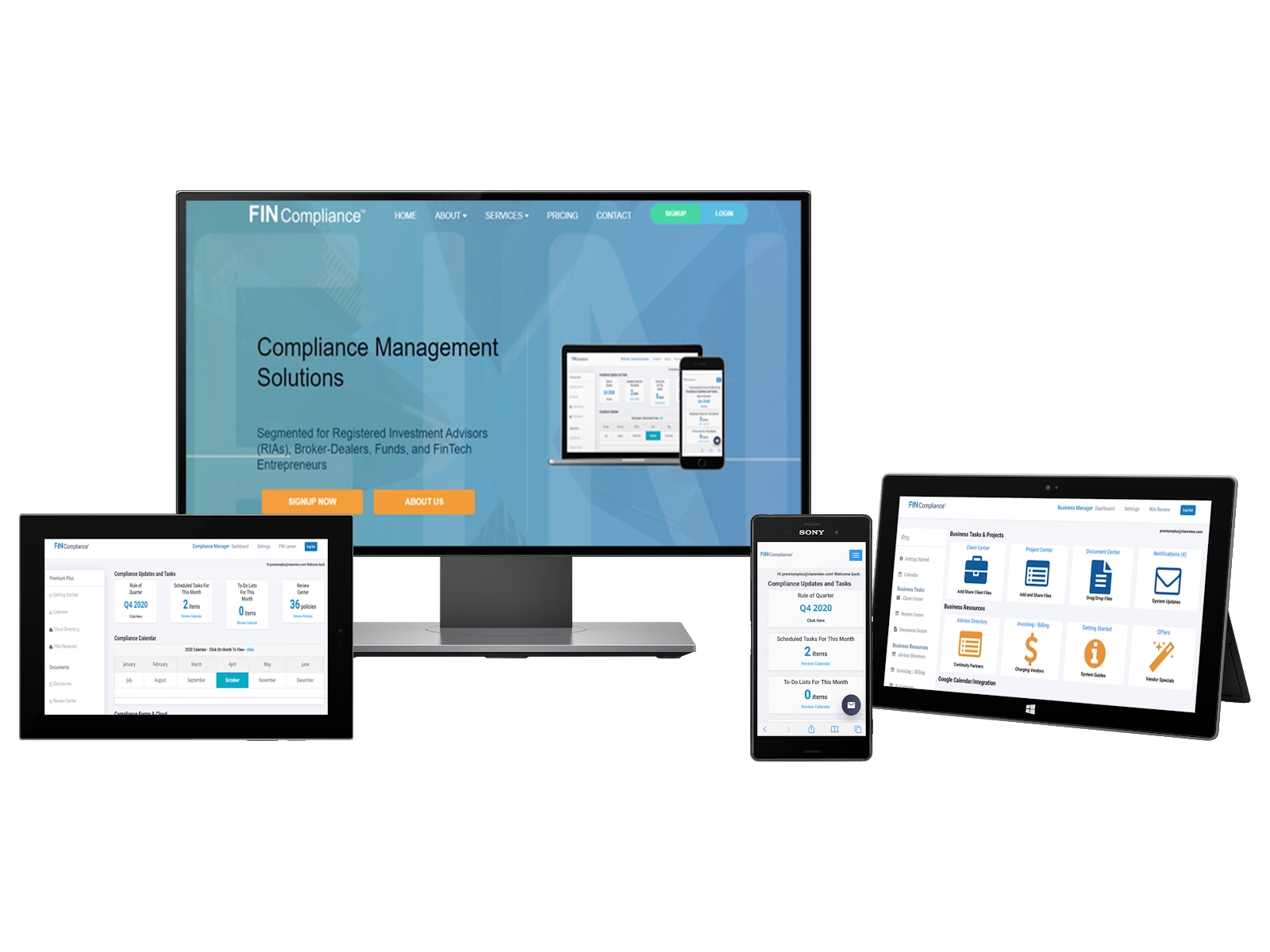By Cory Roberson, Principal at RIA Review and RIA Consults
Where do we stand on the Fiduciary Rule issue?
Many industry experts, including the Securities Industry and Financial Markets Association
(SIFMA)
anticipate that the SEC will soon propose a new version of the Fiduciary Rule
to replace the DOL’s controversial piece of legislation.
In
its own right, the DOL widened the scope of the definition of a ‘Fiduciary’ to
all service providers of retirement plan accounts, covered under the Employee Retirement Income Securities Act
(ERISA). Similarly, the SEC will seek to
redefine the role of a fiduciary to businesses under its jurisdiction (including investment advisors). Let’s take some time to provide a refresher
on the current Fiduciary Rule and its implications for advisors.
Q. What are Fiduciary Rule implications for
advisors?
A. The Fiduciary Rule is designed to protect retirement plan investors from excessive fees generated by the investment recommendations of advisors. Under the rule, any retirement plan advisor deemed as a ‘fiduciary’ must: (1) address conflicts when making recommendations in select activity (prohibited transactions) and (2) avoid arrangements that could be construed as a conflict of interest.
Q. What if my firm wants to continue receiving compensation from retirement plan activity?
A. Under the rule, fiduciaries that continue receiving compensation from certain activities (including ‘prohibited transactions’) MUST file an appropriate exemption including: Best Interest Contract Exemption (BICE), Best Interest Contract Exemption Lite (BICE lite), or Principal Transaction exemption. In addition, fiduciaries must maintain documentation to justify the exemption.
Q. What is the current status of the Fiduciary Rule in terms of the SEC Advisors Act?
A. Retirement plan fiduciaries, acting under the Advisor Act’s ERISA guidelines are already required to adhere to fiduciary standards (e.g. code of ethics and Prudent man rule). Although an overlap exists in terms of fiduciary definitions, SEC (and state) regulators will likely impose additional requirements on advisors.
Q. What is the current DOL and SEC Fiduciary Rule Proposal status?
A. In August 2017, the US Department of Labor (DOL) proposed an extension from January 1, 2018 to July 1, 2019 for the Fiduciary Rule’s Best Interest Contract (BIC) Exemption and the Principal Transactions Exemption, and certain amendments to Prohibited Transaction Exemption.
On September 2016, SEC Chairwoman Mary White announced
that federal regulators will delay
enforcing any additional Fiduciary rule requirements specific to advisors. As of now, industry experts anticipate that new
SEC Chairman, Jay Clayton, will propose his own version of the rule sometime during
this transition period in 2018.
Q. What types of fiduciaries must adhere to DOL standards?
A. Retirement Plan Advisors (compliance prep needed):
Type 1 – Advisors who are retirement plan fiduciaries, but do not receive commission-based compensation should make compliance adjustments by June 9, 2017.
Most fiduciaries who accept fixed fee compensation only
(% of AUM or flat fee structure) would fall under the category “BICE: level fee advisor designation.”
Fiduciaries would need to consider BICE lite exemptions when
engaging in transactions that could be deemed as prohibited. See operational
processes below.
Type 2 - Advisors who are retirement plan fiduciaries and receive compensation from certain commission-based products (e.g. 12b-1 funds, annuities), should make compliance adjustments by June 9, 2017.
Advisors affiliated with wirehouses, brokers and
custodians (e.g. agents/registered representatives) should have Fiduciary rule
compliance procedures in place with those entities.
In light of this broad sweeping financial
services-related regulation, additional procedures may not be needed if affiliated
firm fiduciary rule protocol changes can also cover advisory firm activity.
A. Non-Retirement Plan Advisors (no compliance prep needed):
Advisors who are not retirement plan fiduciaries,
including services providers, are exempt from the DOL rule.
Q. What compliance adjustments should my firm make to adhere to DOL standards?
A. Compliance operational prep (steps to apply rule for
fiduciaries):
Categorize products and services that may be scrutinized under the DOL Rule.
Review BICE/BICE lite or principal exemption status
Review communications/marketing/documentation sent to clients (e.g. goals, risk tolerance, compensation arrangements, designation of fiduciary status
Revisit compliance policies and procedures (current ERISA policy).
Avoid or disclose compensation that could create a conflict of interest.
Identify prohibited transactions (moving assets) and determine if exemptions are needed.
Categorize products and services that may be scrutinized under the DOL Rule.
Review BICE/BICE lite or principal exemption status
Review communications/marketing/documentation sent to clients (e.g. goals, risk tolerance, compensation arrangements, designation of fiduciary status
Revisit compliance policies and procedures (current ERISA policy).
Avoid or disclose compensation that could create a conflict of interest.
Identify prohibited transactions (moving assets) and determine if exemptions are needed.
Compliance and Business Management
FIN Compliance (FINCompliance.io) is a
consortium of compliance services including: RIA Consults-Roberson Consults
Group, a compliance consulting firm, RIA Review, a compliance-management
software tool (SaaS), B-D Review, a RIA/Broker-Dealer compliance management
software tool, and FINLancer is a business
management portal featuring: E-signature tools; Invoicing integration,
Vendor Directory, continuity directory*, business client document portal, and
more (available by Q3 2019). Access all services
on one site: FINCompliance.io.
Impact
FIN Missions (FINmissions.com) provides business support group
sessions for other entrepreneurs. In addition, Cory has volunteered
for more than fifteen youth programs in locations such as like S. Korea, China,
S. Africa, Thailand, and India.




No comments:
Post a Comment